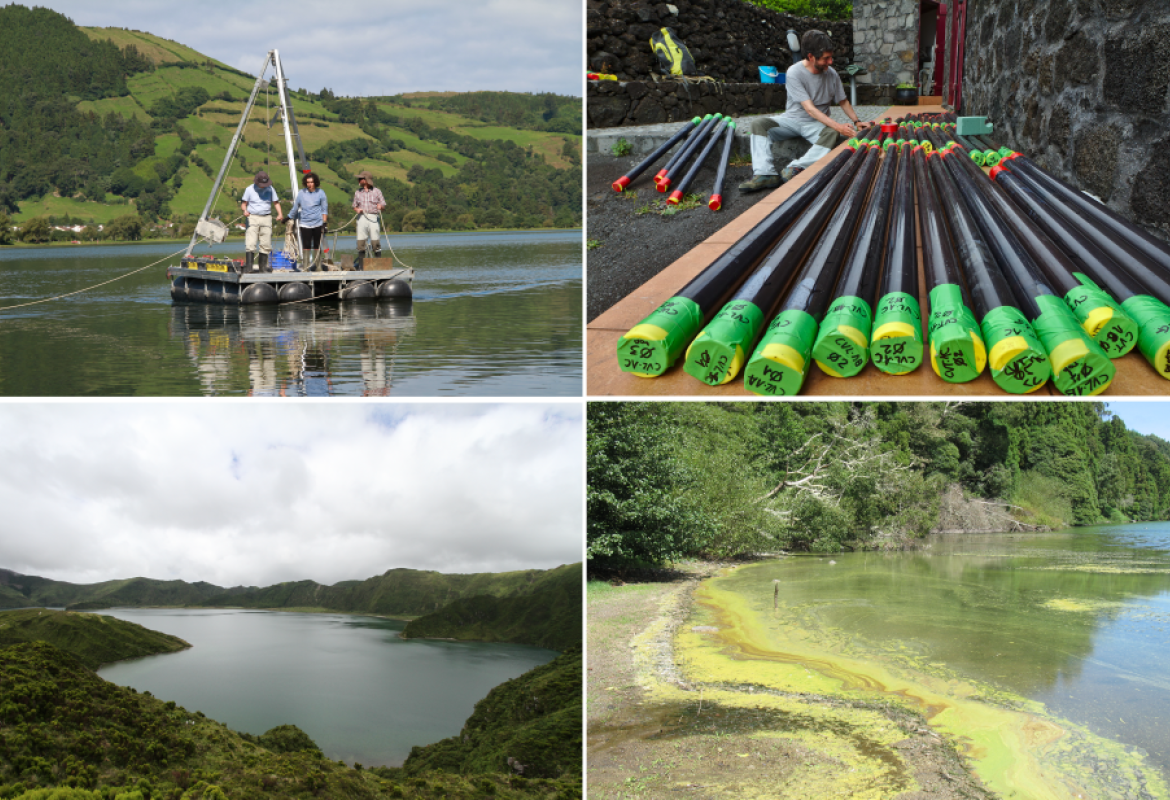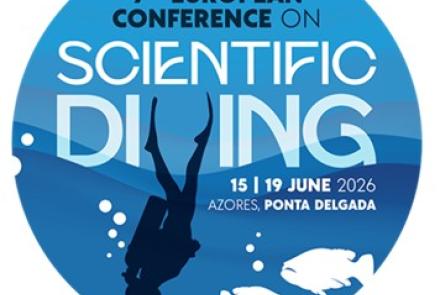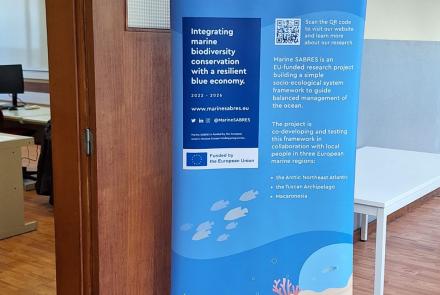Ecology of Azorean lakes crosses a point of no return due to climate change
- In the past, there were reductions in the biodiversity of diatoms, but they occurred in specific lakes that recovered quickly; now, the loss of species is island-wide
- In 1982, when the temperature in the northern hemisphere exceeded the 0.35 ºC increase compared to the 20th century average, biodiversity decreased and ecosystems simplified
The temperature rise driven by climate change is threatening the lake ecosystems of the Azores archipelago. These lakes, vital for the local population and crucial for maintaining the islands' biodiversity, are experiencing a decline in biodiversity, impairing their ability to provide essential ecosystem services. This was confirmed by a recent study conducted on the island of São Miguel by researchers from the Biodiversity and Genetic Resources Research Centre at the University of the Azores (CIBIO-Açores) recently published in Nature Communications Earth & Environment. The study revealed that the number of diatom species—single-celled algae that are at the basis of the trophic webs—has decreased by an average of 27% in all of the island’s lakes since 1982, when the temperature in the northern hemisphere rose by 0.35 ºC compared to the 20th century average.
The researchers suggest that similar changes are likely occurring in other lake ecosystems worldwide.
The study was a collaborative effort, involving researchers from the Autonomous University of Barcelona, University of Évora, University of A Coruña, University of Barcelona, as well as the National Museum of Natural Sciences (MNCN-CSIC), and the CREAF, GEO3BCN-CSIC, and CEAB-CSIC institutes.









